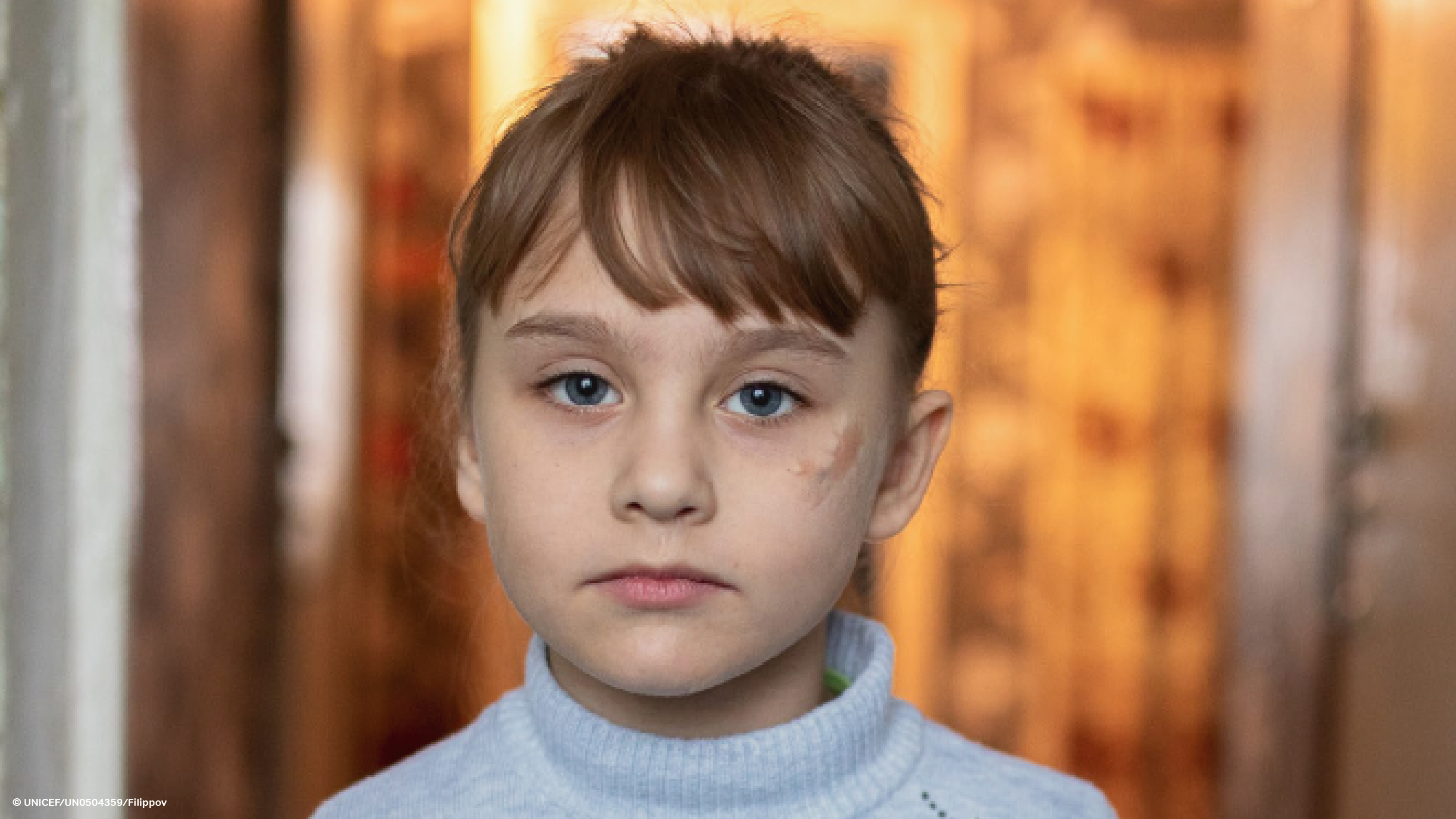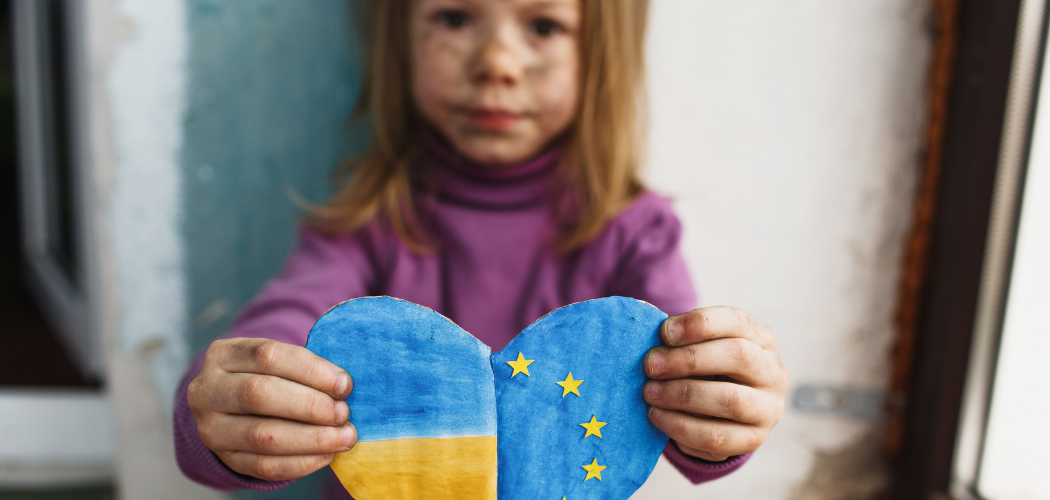Better Data for Better Child Protection Systems in Europe
Eurochild & UNICEF release the final findings from their landmark study on European data collection for children in alternative care
Over the past two years, Eurochild has worked with our members, UNICEF and over 50 ‘National Correspondents’ across Europe on our DataCare project to map how EU Member States and the UK currently collect data on the situation of children in alternative care.
The final findings are based on the analysis of 28 countries in the EU and the UK are now available. These findings were written by a research team comprised of Eurochild members, the Eurochild Secretariat and UNICEF ECARO. The wider research community of the DataCare project, including our national experts, our Research Advisory Group and Eurochild’s Children in Alternative Care Working Group, all provided their feedback in the consultation of the final findings.
Overview of the resources on the final findings of the DataCare project
The key findings and recommendations are summarised in the policy brief, Children in alternative care: Comparable statistics to monitor progress on deinstitutionalisation across the European Union. This brief provides clear roadmaps for EU and national-based policymakers to improve data collection systems for some of Europe’s most vulnerable children.
The overall findings of the study are detailed in the technical report, Better data for better child protection systems in Europe: Mapping how data on children in alternative care are collected, analysed and published across 28 European countries. With input from our national-based experts, our research has yielded invaluable insight into how countries in Europe are collecting and using data for children in alternative care, and has identified gaps where reform is needed.
Finally, in our Country Overviews, key data on children in alternative care for each country in EU and the UK are presented as visualisations.
You can also view a presentation of the findings from the DataCare project presented by Eurochild member and Technical Advisor and Editor to the DataCare project Florence Koenderink:
Why are we doing this?
The EU has invested millions of Euros in deinstitutionalisation and reform of child protection systems over several decades. EU funding, for example through the European Social Fund (ESF) and European Regional Development Fund (ERDF), has accelerated reforms and national investments. EU policy guidance has created a space for exchange of knowledge and best practice among Member States. However, to date, no clear monitoring framework exists to track progress in deinstitutionalisation across the EU in a comparable way. There is also no obligation for EU Member States to collect and report data to the EU on the transition to family and community-based care.
For more information on the DataCare project, visit the DataCare Project page or contact Ciaran O'Donnell from the Secretariat.



